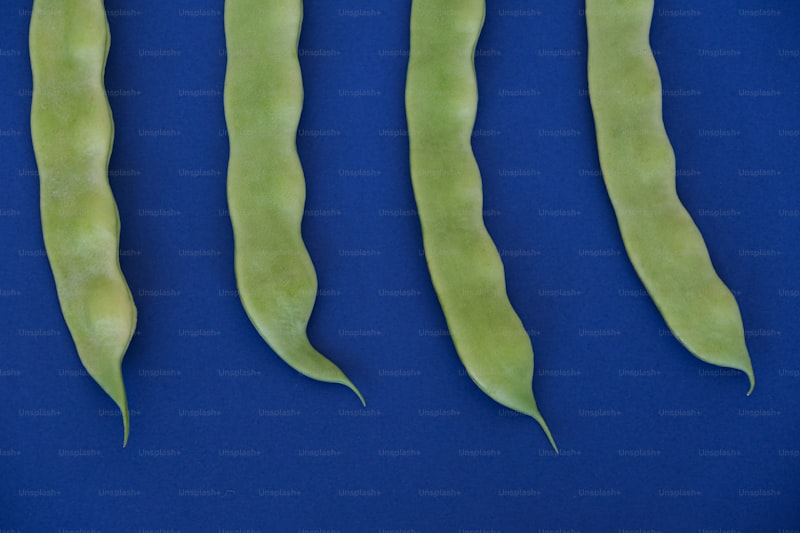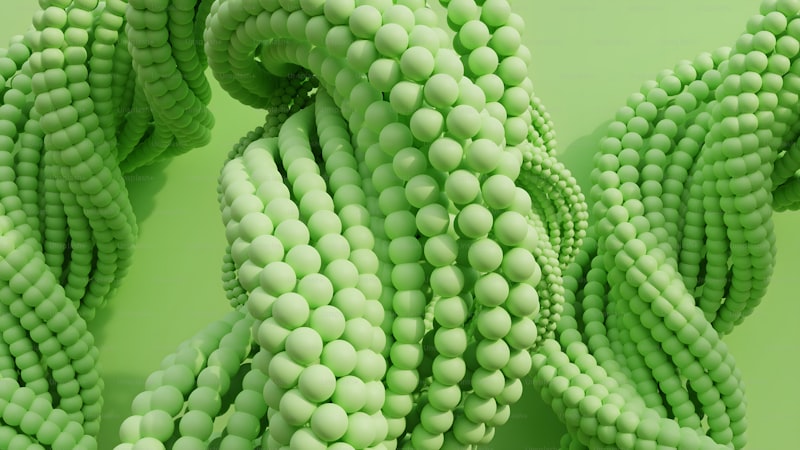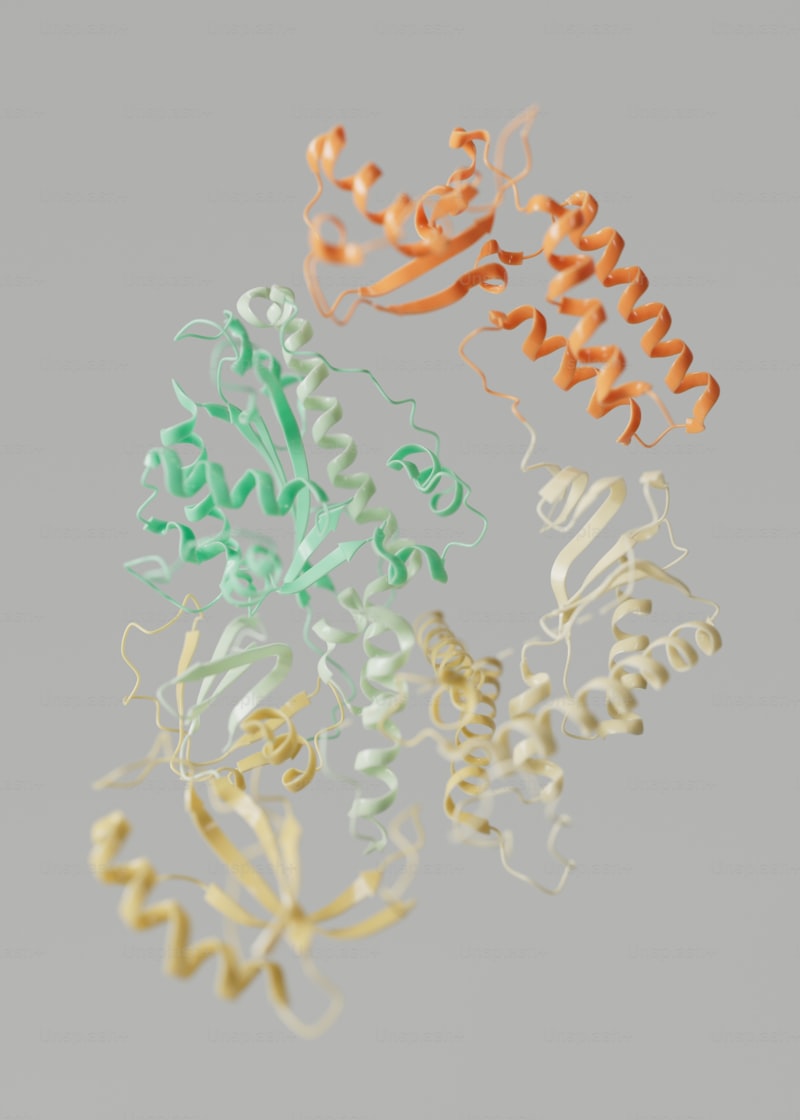
Plant-based proteins are gaining popularity as more people adopt vegetarian or vegan lifestyles or simply seek healthier dietary choices. Unlike animal proteins, which come from meat, dairy, and eggs, plant-based proteins are derived from plants such as legumes, nuts, seeds, and grains.
One of the key benefits of plant-based proteins is their rich nutrient profile. They are often packed with essential vitamins, minerals, fiber, and antioxidants, promoting overall health and well-being. For example, lentils and chickpeas are excellent sources of fiber and iron, crucial for maintaining energy levels and supporting muscle function.
Another advantage of plant-based proteins is their lower saturated fat content compared to animal proteins. This makes them heart-healthy choices, potentially reducing the risk of cardiovascular diseases. Additionally, many plant-based proteins are naturally cholesterol-free, supporting better cholesterol levels in the body.
Plant-based proteins also offer environmental benefits. Producing them typically requires fewer resources like water and land compared to raising livestock, making them more sustainable choices for the planet.
Incorporating plant-based proteins into your diet can be versatile and delicious. From tofu stir-fries to quinoa salads and almond butter smoothies, there are countless ways to enjoy these nutritious foods. They can easily replace animal proteins in meals without sacrificing taste or texture.
Whether you’re aiming to reduce meat consumption, improve your health, or contribute to environmental sustainability, plant-based proteins offer a viable and nutritious alternative. With their diverse flavors and health benefits, they make a valuable addition to any balanced diet.
The Ultimate Beginner’s Guide to Plant-Based Proteins: Everything You Need to Know
So you’re curious about plant-based proteins but not sure where to start? Let’s break it down. Plant-based proteins are all the rage these days, and for good reason—they’re packed with nutrients and can be a great addition to any diet, whether you’re vegan, vegetarian, or simply looking to cut back on meat.
First off, what exactly are plant-based proteins? Well, they’re proteins derived from plants such as beans, lentils, nuts, seeds, and even certain grains like quinoa. These foods are not only rich in protein but also in fiber, vitamins, and minerals, making them a wholesome choice for your meals.
One of the biggest myths about plant-based proteins is that they don’t provide enough protein compared to animal sources. Not true! Many plant foods are surprisingly high in protein. Take chickpeas, for example—they’re not just for hummus; they’re loaded with protein and can be used in salads, stews, or even roasted for a crunchy snack.
If you’re worried about missing out on essential amino acids (the building blocks of protein), fear not. By combining different plant sources like beans and rice or peanut butter on whole wheat bread, you can easily get all the amino acids your body needs.
Now, let’s talk about the benefits. Plant-based proteins are typically lower in saturated fat and cholesterol compared to animal proteins, which can be beneficial for heart health. Plus, they’re often more environmentally friendly and sustainable—something to feel good about while you’re enjoying that tofu stir-fry.
So whether you’re dipping your toes into Meatless Mondays or diving headfirst into a plant-based lifestyle, there’s a world of delicious and nutritious options waiting for you. Experiment with different recipes, try new ingredients, and most importantly, listen to your body—it’ll thank you for nourishing it with these plant-powered proteins.
Top 10 Plant-Based Proteins You Should Add to Your Diet Today
Looking to boost your protein intake with plant-based options? You’re in luck! Plant-based proteins offer a wealth of nutrients and health benefits without the saturated fats found in many animal products. Let’s explore the top 10 plant-based proteins that can easily be incorporated into your diet for a healthier lifestyle.
-
Quinoa: Known as a complete protein, quinoa is rich in all nine essential amino acids. It’s versatile and can be used in salads, soups, or as a side dish.
-
Lentils: High in protein and fiber, lentils are budget-friendly and come in various colors like green, brown, and red. They’re perfect for hearty stews and curries.
-
Chickpeas: Whether roasted for a crunchy snack or blended into hummus, chickpeas are packed with protein, fiber, and essential vitamins.
-
Tofu: Made from soybeans, tofu is a protein powerhouse. It absorbs flavors well and can be grilled, stir-fried, or used in smoothies.
-
Edamame: Young soybeans harvested before they harden, edamame is a protein-rich snack that also provides fiber and antioxidants.
-
Chia Seeds: These tiny seeds are loaded with protein, omega-3 fatty acids, and fiber. They can be added to smoothies, oatmeal, or used to make chia pudding.
-
Hemp Seeds: Hemp seeds offer a complete protein profile and are rich in healthy fats. Sprinkle them on salads, yogurt, or blend into smoothies.

Spinach: Popeye’s favorite, spinach is not only rich in iron but also a good source of plant-based protein. Add it to salads, sandwiches, or sauté it as a side dish.
-
Almonds: Along with being a good source of healthy fats, almonds provide protein and make for a satisfying snack or addition to salads and baked goods.

Spirulina: A blue-green algae, spirulina is incredibly nutrient-dense and provides a concentrated source of protein. It can be added to smoothies or taken as a supplement.
Incorporating these plant-based proteins into your diet can help diversify your nutrient intake while supporting overall health and well-being. Whether you’re a vegan, vegetarian, or simply looking to eat more plant-based meals, these options offer delicious ways to boost your protein intake naturally.
How to Get Enough Protein on a Plant-Based Diet: Tips and Tricks

Wondering how to get enough protein on a plant-based diet? It’s a common concern for those exploring vegetarian or vegan lifestyles. The good news is, with a bit of knowledge and planning, it’s entirely possible to meet your protein needs without consuming meat or animal products.

First things first, familiarize yourself with the plant-based protein powerhouses. Legumes like beans, lentils, and chickpeas are excellent sources of protein. They’re versatile too, fitting into soups, salads, and main dishes with ease. Tofu and tempeh are made from soybeans and are packed with protein as well. They take on flavors well and can be grilled, stir-fried, or added to sandwiches and wraps for a satisfying meal.
Quinoa isn’t just a trendy food – it’s a complete protein, containing all nine essential amino acids. Other grains like barley, bulgur, and farro also provide protein and can be used as a base for salads or served as a side dish. Whole grains not only boost your protein intake but also provide essential nutrients and fiber.
Snack on almonds, walnuts, or pumpkin seeds, and you’re not only getting protein but also healthy fats. Nut butters like almond or peanut butter are delicious spreads for toast or can be added to smoothies for a creamy texture and protein boost. Chia seeds and flaxseeds are tiny but mighty, packing protein and omega-3 fatty acids into your breakfast cereal or yogurt.
For an extra protein punch, consider adding plant-based protein powders to your diet. Pea protein, brown rice protein, and hemp protein powders are popular choices. They can be mixed into smoothies, oatmeal, or baked goods to boost protein content without much effort.
Lastly, planning balanced meals ensures you get enough protein throughout the day. Aim to include a variety of protein sources in each meal and snack. For example, a breakfast smoothie with spinach, berries, almond butter, and protein powder; a lunch salad with quinoa, chickpeas, and mixed greens; and a dinner stir-fry with tofu, vegetables, and brown rice.
By incorporating these tips and tricks into your daily eating habits, you can easily meet your protein needs on a plant-based diet while enjoying a variety of delicious and nutritious foods.
Discovering the Health Benefits of Plant-Based Proteins: What Science Says
Have you ever wondered about the health buzz surrounding plant-based proteins? Many are making the switch from animal sources to plant-based options for good reasons. Science has been uncovering a wealth of benefits linked to these proteins that go beyond just being a trend.
Plant-based proteins, derived from sources like legumes, nuts, and seeds, offer a spectrum of nutrients vital for our well-being. Unlike animal proteins, they are often lower in saturated fats and cholesterol, making them heart-healthy choices. Research suggests that diets rich in plant-based proteins can help lower the risk of cardiovascular diseases and promote overall heart health.
But it doesn’t stop there. These proteins are also packed with fiber, essential for digestive health and maintaining a healthy weight. Fiber keeps you feeling fuller for longer periods, aiding in weight management and reducing the risk of obesity-related conditions.
Moreover, plant-based proteins are a powerhouse of antioxidants and phytochemicals, which play crucial roles in fighting inflammation and boosting the immune system. They offer a natural way to enhance your body’s defenses against illnesses and chronic diseases.
For those concerned about muscle building and repair, plant-based proteins can be just as effective as animal proteins when combined strategically. They provide all the essential amino acids needed for muscle maintenance and growth, ensuring that your body functions at its best.
The benefits of plant-based proteins are backed by solid scientific evidence. Whether you’re aiming to improve heart health, manage weight, or enhance overall well-being, incorporating these proteins into your diet can make a significant difference. Embrace the power of plants and discover a healthier, more vibrant you.
Frequently Asked Questions
What are the best sources of plant-based proteins?
Discover the top sources of plant-based proteins with our concise guide. Learn about nutrient-rich options like legumes, tofu, quinoa, and nuts that can support your dietary needs.
How can I ensure I get enough protein on a plant-based diet?
Learn how to meet your protein needs on a plant-based diet with our concise guide. Discover diverse protein sources like legumes, tofu, and quinoa, and get practical tips on meal planning for optimal nutrition.
How can I incorporate more plant-based proteins into my meals?
Discover easy ways to add plant-based proteins to your meals with our concise guide. Learn creative cooking techniques and explore a variety of plant-based protein sources to enhance your diet effortlessly.
Are plant-based proteins complete proteins?
Plant-based proteins can be complete proteins when combined properly. While most plants lack one or more essential amino acids, combining sources like beans and rice provides all essential amino acids needed by the body.
What are the health benefits of consuming plant-based proteins?
Learn about the health benefits of choosing plant-based proteins, which can support heart health, aid in weight management, and provide essential nutrients like fiber, vitamins, and minerals. Discover how these proteins can be a sustainable and nutritious alternative to animal-based sources.


